The Reverse of Marketing=De-Marketing
“If you can’t say who your customers aren’t, most probably you can’t say who your customers are”
- Mary Frances Luce, a marketing professor at Duke University
De-marketing
De-marketing, the methods that have been used to reduce market demand for a particular item or product. De-marketing usually involves the alterations of marketing mix variable to affect lesser demand when it is bigger than an organization can or able to tackle the situation. Oftentimes, de-marketing methods involve raising prices, reducing advertising and promotion expenditures, or deleting product benefits.

Marketing Mix (4P) in De-marketing
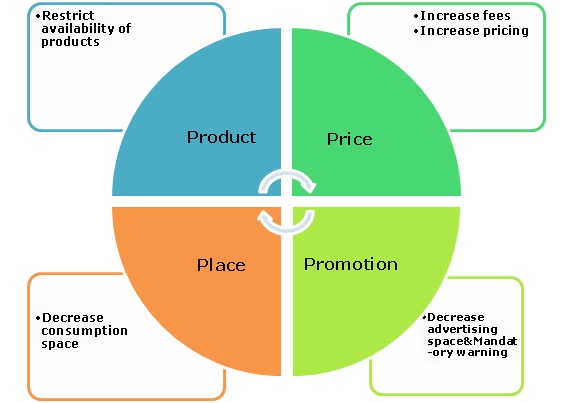
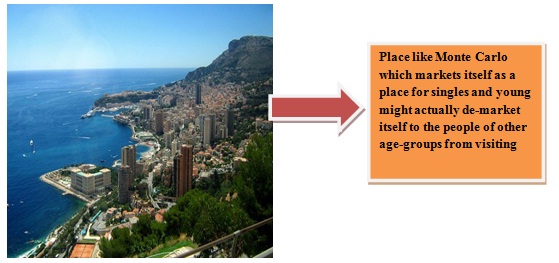
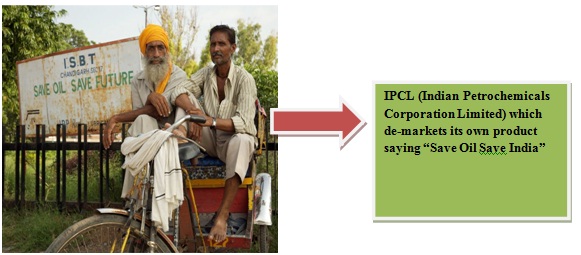
Strategic De-marketing Model
Let us take an example of a fmcg product like soap, the company like P&G wants to de-market it. What will be their strategy? Strategy is simple, just manipulating the 4P’S of marketing.
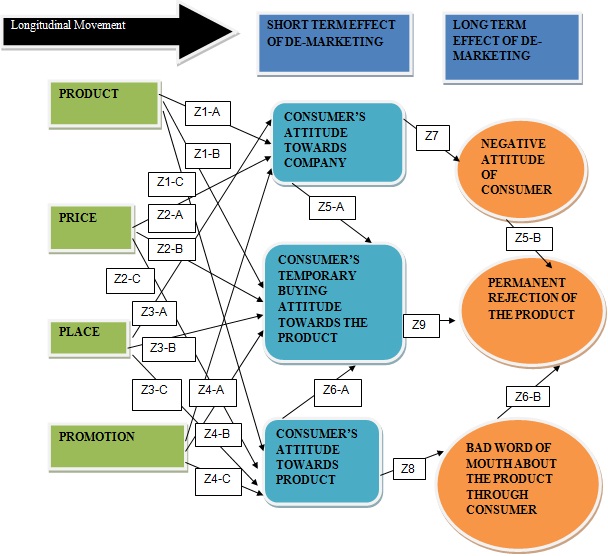
Explanation of the Strategic De-Marketing Model
Product
Restrict availability of that particular soap in the market, increase availability of soap-surrogate (e.g., body wash gel), and highlight product harm (product elaboration).
Z1-A-product elaboration negatively affects consumers' attitude toward the soap company on a temporary basis.
Z1-B-product elaboration positively affects consumers' intention to quit consuming the product on a temporary basis.
Z1-C-product elaboration negatively affects consumers' attitude toward soap product or any related product on a temporary basis.
Price
Increase taxes, Increase pricing of soap product by company to discourage them from buying (price elaboration).
Z2-A- Price elaboration does not affect consumers' attitude toward the soap company on a temporary basis.
Z2-B- Price elaboration positively affects consumers' intention to quit consuming the product on a temporary basis.
Z2-C- Price elaboration negatively affects consumers' attitude toward soap product or any related product on a temporary basis.
Place
Decrease consumption spaces, Decrease distribution space, Impede purchase of particular soap brand, no sales to minors (place elaboration).
Z3-A-Place elaboration does not affect consumers' attitude toward the soap company on a temporary basis.
Z3-B- Place elaboration positively affects consumers' intention to quit consuming the product on a temporary basis.
Z3-C- Place elaboration negatively affects consumers' attitude toward soap product or any related product on a temporary basis.
Promotion
Promote body wash gel using health themes, Decrease advertising space for particular soap product, Mandatory warning labels(promotion elaboration).
Z4-A-Promotion elaboration does not affect consumers' attitude toward the soap company on a temporary basis.
Z4-B- Promotion elaboration positively affects consumers' intention to quit consuming the product on a temporary basis.
Z4-C- Promotion elaboration negatively affects consumers' attitude toward soap product or any related product on a temporary basis.
Z5-Consumers' attitude toward the soap company will negatively affect their intention to quit all products of the company both within short term period (Z5-A) and within long term period (Z5-B).
Z6-Consumers' attitude toward consuming soap will negatively affect their intention to quit consuming soap both within temporary (Z6-A) and as well as permanently (Z6-B).
Z7-Consumers' attitude toward the tobacco soap company in short term period will positively relate to their attitude toward the soap company in long term period.
Z8- Consumers' attitude toward consuming soap in temporary period positively relates to their attitude toward consuming soap in long term period.
Z9- Consumers' intention to quit consuming the soap product in short term period positively relates to their intention to quit consuming the soap in long term period.
Systematic Approach Of De-Marketing Strategy
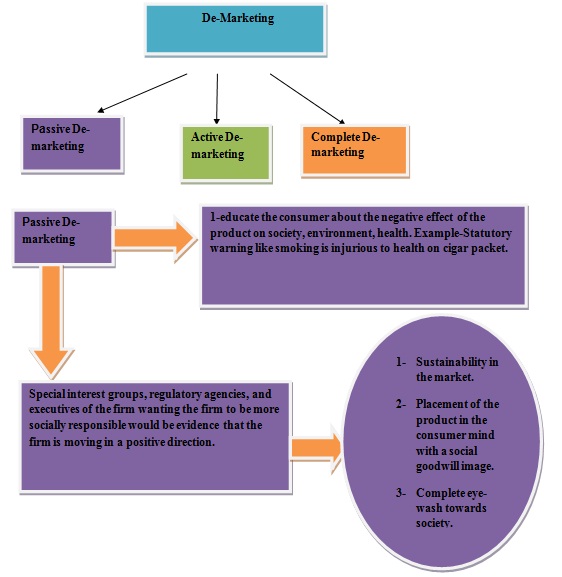
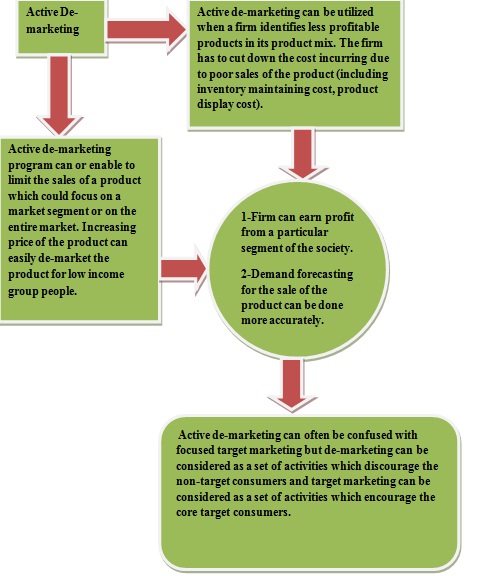
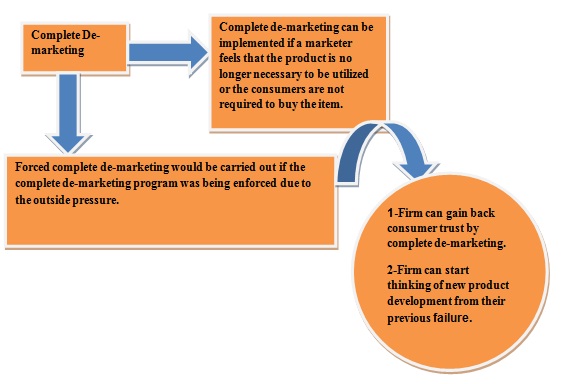
This article has been authored by Kunal Majumder from International Institute for Special Education, Lucknow.
Image: digitalart / FreeDigitalPhotos.net
Views expressed in the article are personal. The articles are for educational & academic purpose only, and have been uploaded by the MBA Skool Team.
If you are interested in writing articles for us, Submit Here
Share this Page on:
What is MBA Skool?About Us
MBA Skool is a Knowledge Resource for Management Students, Aspirants & Professionals.
Business Courses
Quizzes & Skills
Quizzes test your expertise in business and Skill tests evaluate your management traits
All Business Sections
Write for Us